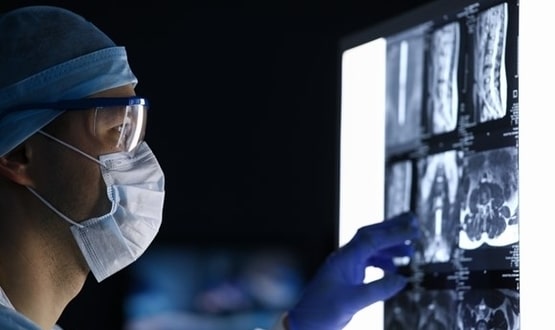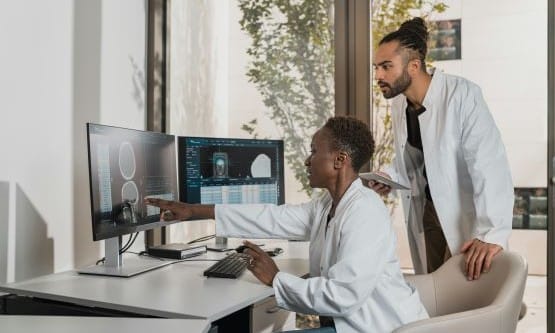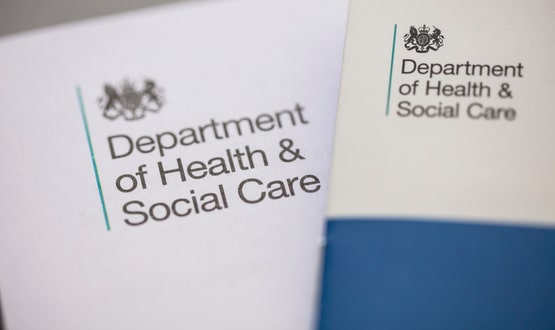Report calls for digital improvements to NHS imaging services
- 14 July 2021

The Parliamentary and Health Service Ombudsman (PHSO) has written to the government calling for it to prioritise digital reporting capabilities across imaging in the NHS.
PHSO’s recent report, ‘Unlocking Solutions in Imaging: working together to learn from failings in the NHS’, found that patients were being failed by recurrent issues with the way X-rays and scans are reported on and followed up.
One of the key issues outlined was delays in reporting imaging findings. Although there are Royal College of Radiologists (RCR) national guidelines for radiological reports to be ‘produced, read and acted upon in a timely fashion’ there are no national guidelines for clear reporting timelines. In reality, the speed of reporting can be supported or challenged by the technology available. RCR standards state: “fail-safe systems should be IT-based to reduce error and increase efficiency” and if this isn’t possible then appropriate manual processes can take their place.
The ombudsman found that issues relating to paper-based systems and ICT systems that don’t support robust audit trails were contributing to delays in either reporting on or reviewing results from imaging.
Therefore the report recommends “the Department of Health and Social Care (DHSC) and NHSEI, working with NHSX and NHS Digital, should prioritise improvements to digital reporting capabilities across the imaging system”.
It also called for previous work relating to imaging to be implemented as a priority including recommendations made in the Independent Review of Diagnostic Services for NHSEI around digital connectivity and improved ‘failsafe’ digital infrastructure.
Other recommendations included:
- DHSC and NHSEI should ensure there is national guidance on the roles and responsibilities of clinicians, and expected timeframes, at each stage of the imaging journey.
- All NHS-funded providers that have a radiology service should ensure staff working in those services have sufficient allocated time in their job for meaningful learning and reflection.
The report has been welcomed by the Royal College of Radiologists.
President, Dr Jeanette Dickson, said: “The Ombudsman’s call for NHS digital shortcomings to be addressed as an urgent patient safety matter is both bold and pivotal.
“The Covid-19 response has demonstrated the NHS can make rapid digital improvements, such as rolling out remote and networked scan reporting. Innovations in imaging IT must continue as the health service recovers, and trusts must be centrally supported to allocate the staff time and capital investment needed to upgrade IT and alert systems.”




